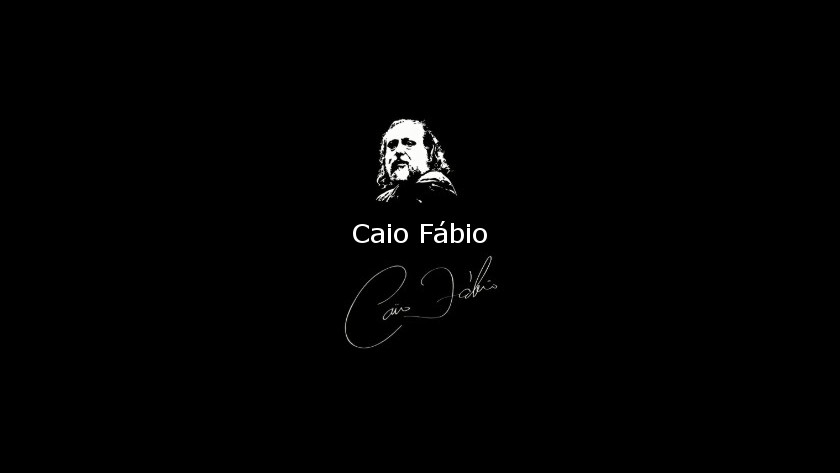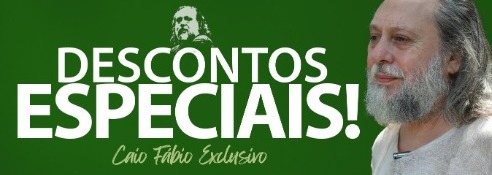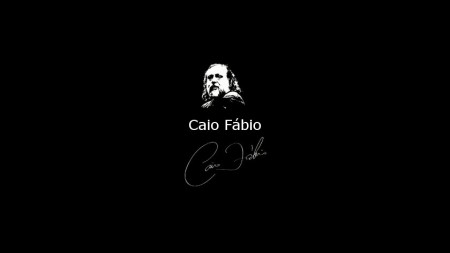
CHRISTMAS ON THE OUTSIDE AS IT IS ON THE INSIDE
Paul told us not to keep religious feasts anymore as if they had any virtue in themselves.
So, dates are just dates, and the more meaningful dates are the ones that have become a part of our story and built themselves a nest in our memories.
The same can be said about Christmas, which, in “Christianity”, celebrates “Jesus’ birth” — or the Incarnation, to put it in a more “theological” way.
Now, however, we need to consider a few important differentiations:
1. Jesus was not born at Christmas, in December, but most likely in October.
2. Christmas is a cultural heritage that was introduced in the fourth century. In fact, today’s Christianity Christmas that falls in December is more of a Constantinian creation, and, before that, it was never celebrated as any kind of “festivity” in the original disciples’ community.
3. The Incarnation, which is the true Christmas, is not a universal date — although Jesus might have been born in October. Instead, it is an existential happening that begins within us when we believe that “God was in Christ”, and it is re-created in us whenever we live in God’s love, trusting in the Grace of the Incarnation and the Incarnation of Grace: Jesus, the Immanuel.
4. Even though the Christianity Christmas is nothing but a syncretic religious celebration, it does no harm to anyone who celebrates it as an act of eating the bread and drinking the wine of God’s Love in His Incarnation. It is this way because, as anything else, what makes things meaningful is not things themselves; it is the way the person looks at them and projects his/her own heart to them.
Therefore, let each person’s Christmas be as it has been formed inside him/her.
My Christmas is every day, because each day I can only live because I believe God was in Christ reconciling the world to Himself.
Otherwise, there would be no Christmas for me, because a man like me no longer finds illusions that might be viable as some palliative self-deceit for life.
This is why I say that without my faith-in-Christ Christmas, nothing would be left but my sadness funeral.
There are those who make up their existential shopping-spree Christmas.
There are those who pinpoint Christmas so accurately that, to them, not celebrating it is like not coming to “Jesus’ Birthday”.
There are those who do not celebrate it because they believe it is a pagan festival.
There are also those who denounce Christmas in the most ridiculous ways, like a certain “apostle” has done recently. Trying to “theologize” — which, for him, is an impossible task —, he stated that the Incarnation should not be celebrated anymore, but the Lord’s Supper only. He came to the conclusion that those who celebrate the Incarnation are celebrating the First Day instead of the Seventh; therefore, such people are "drawing back". But in all of this he did not remember that John says that any spirit that does not acknowledge the Incarnation is not from God; it is a spirit of the antichrist, who is in the world already, and, according to John, “went out from us”.
Without the Incarnation, He who died and resurrected could not have said, “Look. A spirit does not have flesh and bones as you can see I do!”
Without a beginning, there cannot be an end. So, when it comes to God, Alpha and Omega are one thing, because He who is is, and in Him no one can separate saving events and non-saving events. And this is true for one reason: The Savior is Him, not pieces of Him.
So, today and every day, celebrate your Christmas with the gratefulness of the children of the grace that incarnated itself to manifest a reconciliation that was already finished before it happened in History, for the Lamb of God was slain before the foundation of the world.
Therefore, nothing is so final as the very beginning of everything!
In Him,
_________________________
From the original "NATAL CONFORME A NATA DE CADA ALMA"
Translation: F. R. Castelo Branco | December 2007

